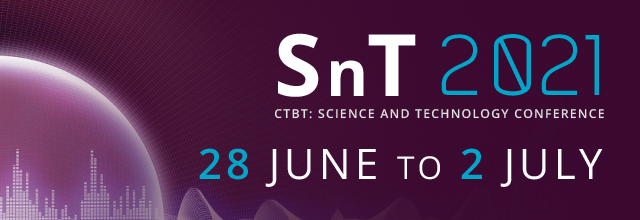Speaker
Description
Uncertainty inherently affects every measurement and each scientific statement. This basic fact is often overlooked in communication between scientists, and even more so in the public conversation on scientific topics. Scientific results, be they the product of preliminary investigations or firmer outcomes of peer-reviewed studies, are often perceived as immutable, overlooking the fact that all findings are subject to continuous scrutiny and revision as new data or theories become available. Regional and cultural perspectives also play a role in the communication and perception of uncertainty. Failure to communicate effectively on this issue can undermine public confidence and have a direct impact on perceptions of risk, and the consequences of such misconceptions have become especially prominent in the context of the global coronavirus pandemic. In the CTBT context, uncertainty is an inescapable element of the characterization and communication of Treaty-relevant events, as well as in the framework of civil and scientific applications. This panel discussion addresses strategies for effectively communicating uncertainty when reporting about science, with the objective of delivering a clear message to audiences. It is relevant for scientists, policy makers and public information professionals.

